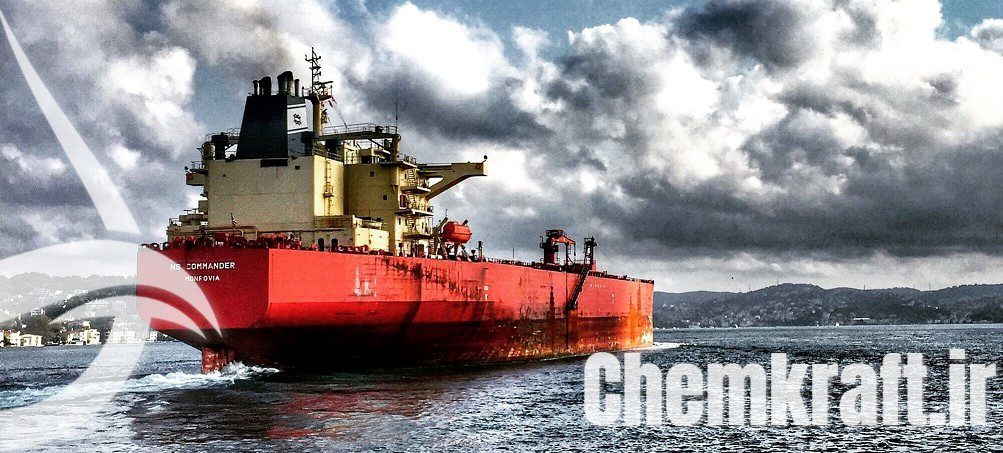Introduction:
In the expansive world of international trade and shipping, two key players play pivotal roles in ensuring the smooth flow of goods from origin to destination: the shipper and the freight forwarder. While their objectives are intertwined, each assumes distinct responsibilities in the logistics chain. This essay aims to unravel the differences between shippers and freight forwarders, shedding light on their respective roles, responsibilities, and the collaborative dance that facilitates the movement of goods across the global seas.
The Shipper:
The shipper is the originating entity, the heartbeat of the goods being transported. It can be an individual, a company, or an organization that holds ownership or legal control over the goods. The shipper is the source of the goods, whether they are the manufacturer, producer, or entity with the right to dispose of the products. Their journey begins with the conception and creation of the goods, and their responsibilities extend throughout the logistics process.
Responsibilities of the Shipper:
Packaging and Labeling: Shippers are responsible for ensuring that goods are properly packaged and labeled for transportation. This includes adhering to safety standards and regulatory requirements.
Documentation: The shipper is tasked with preparing essential shipping documents such as the Bill of Lading, commercial invoice, packing list, and any other documents required for customs clearance and transportation.
Booking Cargo Space: Shippers must secure cargo space with carriers, whether by sea, air, or land. This involves negotiating terms and rates with carriers and ensuring the availability of space for the intended shipment.
Compliance: Shippers must comply with export regulations and customs requirements, navigating the legal and regulatory landscape to ensure a seamless movement of goods across borders.
Cost Negotiation: Shippers negotiate costs related to transportation, insurance, and other logistical aspects, aiming to optimize the efficiency and cost-effectiveness of the entire shipping process.
Relationship with Freight Forwarder:
Shippers have the option to manage logistics independently, especially if they have the expertise and resources to do so.
Many shippers, however, opt to collaborate with freight forwarders to streamline the logistics process. This collaboration is particularly common in complex international shipments.
The Freight Forwarder:
The freight forwarder is a specialized intermediary in the logistics industry, acting as a facilitator for the shipper. Unlike the shipper, the freight forwarder’s expertise lies in the intricacies of transportation, customs clearance, and overall logistics management. They play a crucial role in coordinating various elements of the shipping process, ensuring that goods reach their destination efficiently and in compliance with all relevant regulations.
Responsibilities of the Freight Forwarder:
Booking and Coordination: Freight forwarders handle the booking of cargo space with carriers and coordinate the transportation of goods, whether by sea, air, or land. They leverage their network of carriers to secure the best routes and rates for their clients.
Documentation Management: Freight forwarders manage and sometimes prepare shipping documents on behalf of the shipper. This includes ensuring that all required documentation is accurate, complete, and compliant with international regulations.
Customs Clearance: Freight forwarders navigate the complex landscape of customs regulations and facilitate the clearance of goods at both the export and import sides. They ensure that all customs requirements are met to avoid delays and complications.
Insurance: Freight forwarders often provide or assist with cargo insurance, offering coverage for potential risks during transportation. This includes protection against loss, damage, or theft of goods.
Cargo Consolidation/Deconsolidation: Freight forwarders may consolidate multiple shipments into a single container (consolidation) or break down larger shipments into smaller units (deconsolidation) to optimize efficiency and reduce costs.
Relationship with Shipper:
Freight forwarders work in partnership with shippers to provide a comprehensive suite of logistics services.
They are often hired by shippers to handle specific aspects of the logistics process or to manage the entire shipping process, especially in complex international trade scenarios.
Key Differences:
Ownership and Control:
The shipper owns or has legal control over the goods.
The freight forwarder acts on behalf of the shipper to facilitate the movement of goods.
Expertise:
The shipper’s expertise lies in the production or sourcing of goods.
The freight forwarder specializes in navigating the complexities of transportation, customs, and overall logistics.
Responsibilities:
The shipper is responsible for the preparation, packaging, and ownership of the goods.
The freight forwarder is responsible for coordinating transportation, managing documentation, and ensuring compliance with regulations.
Involvement in Logistics:
The shipper can handle logistics independently or collaborate with a freight forwarder.
The freight forwarder is a logistics specialist and is often involved in multiple aspects of the shipping process.
Conclusion:
In the dynamic world of international trade and shipping, the shipper and the freight forwarder form a symbiotic relationship, each bringing unique expertise to the logistics chain. While the shipper is the originator and owner of the goods, the freight forwarder is the orchestrator, ensuring that the goods traverse the global seas seamlessly. Their collaboration is a testament to the complexity of international logistics and the need for specialized roles to navigate the intricacies of the shipping process. Together, shippers and freight forwarders play a crucial role in the interconnected and ever-evolving landscape of global trade.









